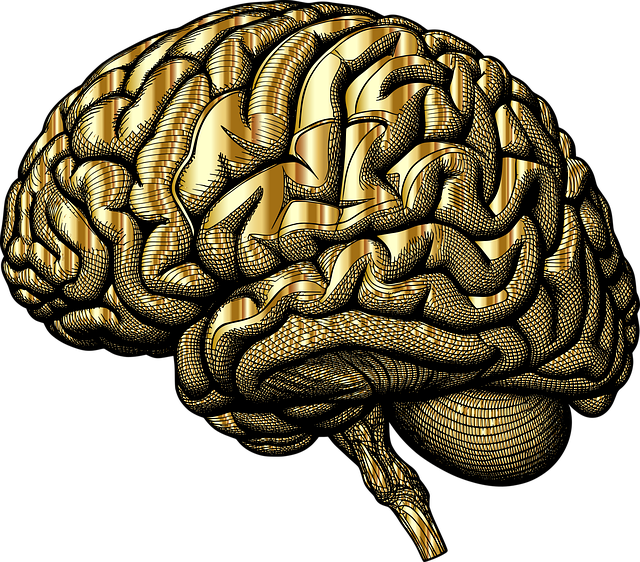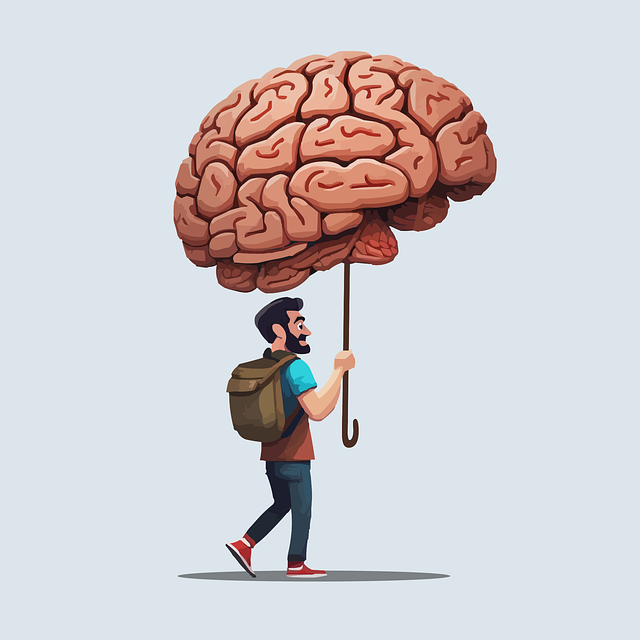Emotional intelligence (EI) is a critical aspect of adolescent development, impacting their well-being and success. Boulder Adolescent and Teen Therapy focuses on enhancing EI through tailored strategies like mindfulness meditation and positive thinking. This holistic approach improves emotional awareness, decision-making skills, and relationship dynamics, empowering teens to manage stress, anxiety, and depression with resilience. Parents and schools also play crucial roles in fostering EI development through open conversations, active listening, group activities, and curriculum integration. Boulder Adolescent and Teen Therapy extends its impact through community outreach programs targeting emotional well-being.
Emotional intelligence (EQ) is a vital skill for adolescents navigating the complexities of growing up. This article explores the significance of EQ in adolescence, highlighting its impact on personal growth and social interactions. We delve into the role of specialized therapies, such as Boulder Adolescent and Teen Therapy, in fostering emotional awareness and coping strategies. Additionally, we offer practical tips for parents and educators to enhance EQ development in both home and school environments, promoting healthier, more resilient young adults.
- Understanding Emotional Intelligence: What It Means for Adolescents
- The Role of Boulder Adolescent and Teen Therapy in Nurturing EQ
- Practical Strategies to Enhance Emotional Intelligence at Home and School
Understanding Emotional Intelligence: What It Means for Adolescents

Emotional intelligence (EQ) is a key aspect of adolescent development that plays a crucial role in their overall well-being and success. For teens, navigating the complexities of school, social relationships, and self-discovery can be challenging, but cultivating emotional intelligence offers powerful tools for managing these difficulties. Boulder Adolescent and Teen Therapy recognizes the significance of EQ and incorporates strategies to enhance it in their therapy programs.
By learning to recognize and understand emotions, adolescents can develop better coping mechanisms, improve their decision-making skills, and foster healthier relationships. Mindfulness meditation techniques, often integrated into mental health education programs design, teach teens to be present and aware of their feelings, helping them manage stress and anxiety effectively. This proactive approach not only supports depression prevention but also empowers young individuals to navigate life’s challenges with resilience and emotional agility.
The Role of Boulder Adolescent and Teen Therapy in Nurturing EQ

Boulder Adolescent and Teen Therapy plays a pivotal role in nurturing Emotional Intelligence (EQ) among young individuals. Through tailored therapeutic approaches, this specialized service helps teens navigate complex emotions, fostering self-awareness and empathy. By encouraging open dialogue, therapists empower adolescents to understand their feelings, recognize emotional triggers, and develop healthy coping mechanisms. This process is instrumental in building resilience, not just for challenging situations but for overall mental wellness.
Incorporating practices like mindfulness meditation and positive thinking, Boulder Adolescent and Teen Therapy offers a holistic approach. These techniques teach teens to stay grounded, enhance their focus, and cultivate a more optimistic outlook. The Mental Wellness Podcast Series Production, a collaborative effort within this therapy setting, further enriches the learning experience. By sharing stories, insights, and strategies from experts, these podcasts empower adolescents to take control of their emotional well-being, laying a strong foundation for personal growth and successful navigation through life’s challenges.
Practical Strategies to Enhance Emotional Intelligence at Home and School

Building emotional intelligence (EI) is a vital skill for adolescents and teenagers navigating their personal and academic lives. Both at home and in educational settings, there are practical strategies to foster EI development. For parents and caregivers, creating a safe and supportive environment encourages open conversations about emotions. This can be achieved through regular check-ins, active listening, and teaching emotional vocabulary—simple yet powerful tools that enhance communication and strengthen parent-child bonds.
Schools play a significant role in promoting EI by integrating it into their curricula and extracurricular activities. Group discussions, role-playing exercises, and mindfulness practices help students recognize and manage their emotions effectively. Moreover, programs focused on resilience building can empower teens to cope with challenges, reducing the risk of depression prevention. Boulder Adolescent and Teen Therapy, for instance, offers tailored support through community outreach program implementation, aiming to create a network of resources that benefit young individuals’ emotional well-being.
Emotional intelligence is a vital skill for adolescents navigating their personal and social landscapes. By understanding and cultivating emotional intelligence, young individuals can better manage their emotions, build stronger relationships, and make more informed decisions. Boulder Adolescent and Teen Therapy plays a crucial role in this process, offering specialized support to help teens develop self-awareness, empathy, and effective communication skills. In addition, practical strategies shared in this article, such as encouraging open dialogue at home and implementing emotion-focused activities in schools, can significantly enhance emotional intelligence development for all adolescents.








